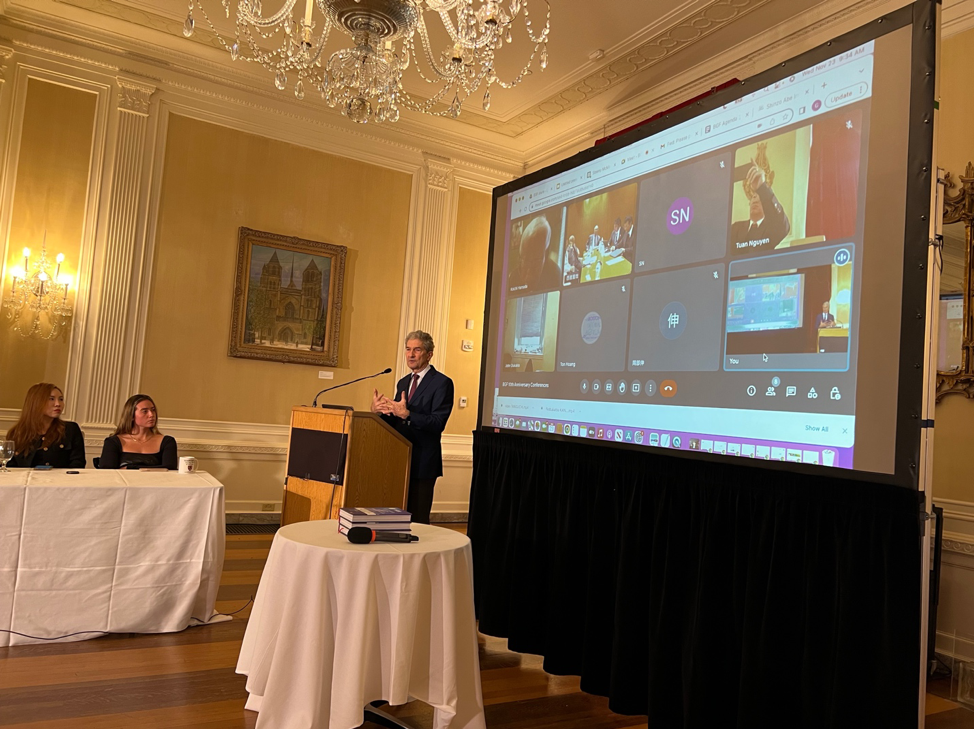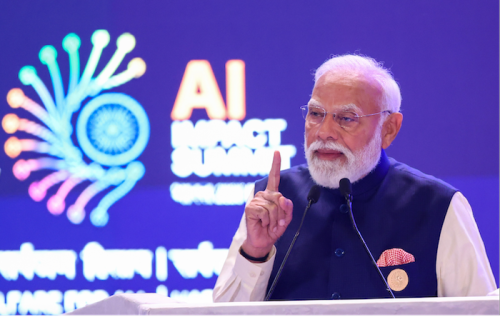On January 26, 2023, the U.S. National Institute of Standards and Technology (NIST) released the Artificial Intelligence (AI) Risk Management Framework (AI Risk Management Framework 1.0), a voluntary guidance document for managing and mitigating the risks of designing, developing, deploying, and using AI products and services. NIST also released a companion playbook for navigating the framework, a roadmap for future work, and mapping of the framework to other standards and principles, both at home and abroad. This guidance, developed in a consensus-based approach across a broad cross section of stakeholders, offers an essential foundation and important building block toward responsible AI governance.
We stand at the crossroads as case law and regulatory law struggle to keep up with technology. As regulators consider policy solutions and levers to regulate AI risks and trustworthiness, many technology companies have adopted self-governing ethical principles and standards surrounding the development and use of artificial and augmented intelligence technologies. In the absence of clear legal rules, these internal expectations guide organizational actions and serve to reduce the risk of legal liability and negative reputational impact.
Over the past 18 months, NIST developed the AI Risk Management Framework with input from and in collaboration with the private and public sector. The framework takes a major step toward public-private collaboration and consensus through a structured yet flexible approach allowing organizations to anticipate and introduce accountability structures. The first half of the AI Risk Management Framework outlines principles for trustworthy AI, and the remainder describes how organizations can address these in practice by applying the core functions of creating a culture of risk management (governance), identifying risks and context (map), assessing and tracking risks (measure), and prioritizing risk based on impact (manage). NIST plans to work with the AI community to update the framework periodically.
The original article was published at Lexology.
The Boston Global Forum (BGF), in collaboration with the United Nations Centennial Initiative, released a major work entitled Remaking the World – Toward an Age of Global Enlightenment. More than twenty distinguished leaders, scholars, analysts, and thinkers put forth unprecedented approaches to the challenges before us. These include President of the European Commission Ursula von der Leyen, Governor Michael Dukakis, Father of Internet Vint Cerf, Former Secretary of Defense Ash Carter, Harvard University Professors Joseph Nye and Thomas Patterson, MIT Professors Nazli Choucri and Alex ‘Sandy’ Pentland. The BGF introduced core concepts shaping pathbreaking international initiatives, notably, the Social Contract for the AI Age, an AI International Accord, the Global Alliance for Digital Governance, the AI World Society (AIWS) Ecosystem, and AIWS City.











